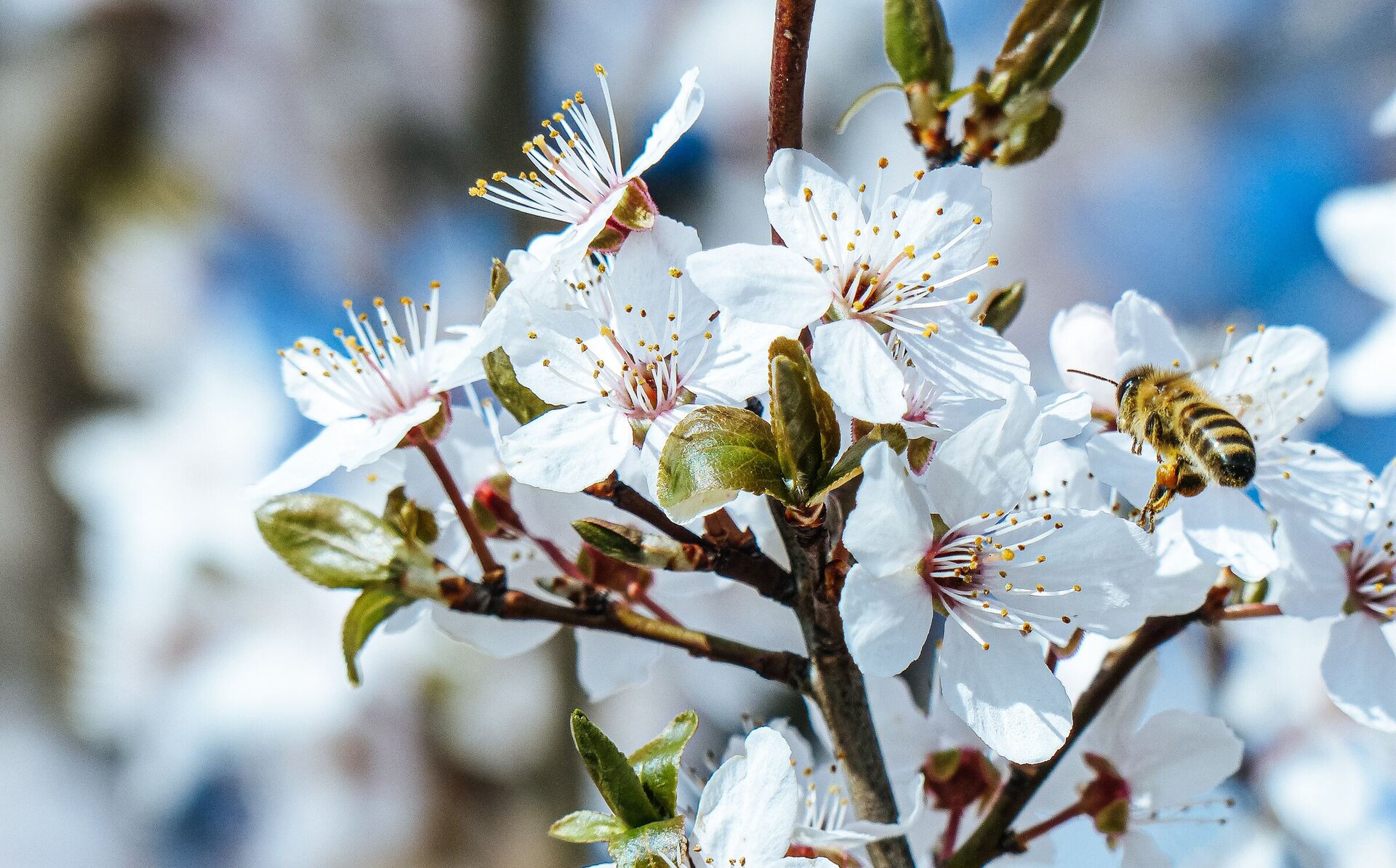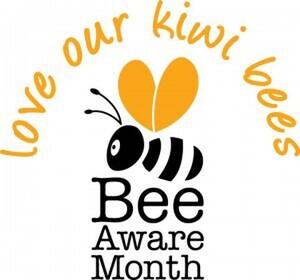Bees around the world are in trouble. A world without bees would be a very bleak place indeed. Much of our food depends on pollination by bees as do our gardens and a lot of other products we rely on. Over $5 billion of New Zealand agricultural exports also depend on bees.
Bee numbers worldwide are in decline and we must do all that we can to protect them. Bees are being attacked by a number of major pests and diseases. There are also suffering from a decline in nutritional forage for bees. Nutritional stress is considered to be one of the main factors behind large-scale bee losses. Lack of food also compromises the bees’ resistance to pests and diseases. Another major problem are pesticides and sprays which harm bees in a number of ways.
While New Zealand bees are not as threatened as bees in other countries, events like Bee Aware Month are crucial to raising public awareness to prevent similar losses occurring here.
How can we help?
One of the best things we can do is make sure there is enough food for our kiwi bees. We can do this by planting ‘bee friendly’ plants; in our gardens, on our farms, in our public gardens and even along our roadsides.
We can also be careful how we use pesticides in our gardens. Try to avoid using any chemical sprays in your gardens at all. But if you have to spray make sure it is in the late evening after bees have gone to bed. Don’t spray while plants are flowering and avoid spraying plants that you see bees feeding on. You can also check the labels on garden sprays and avoid products containing neonicotinoids.







